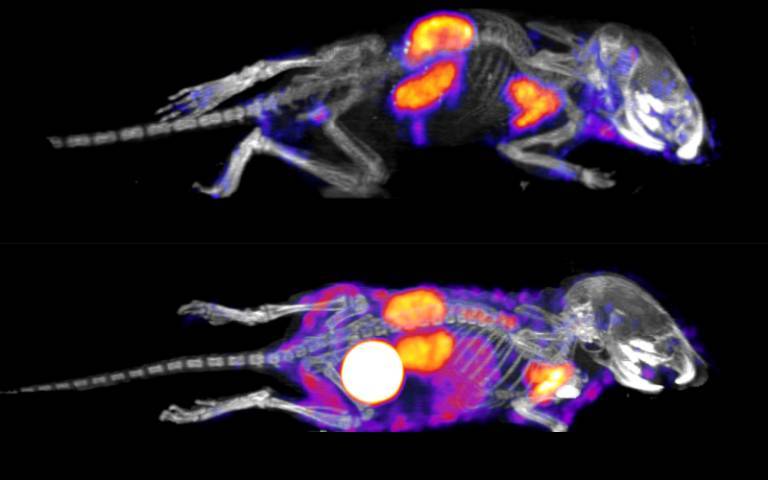mRNA technology could be possible treatment for rare diseases
11 January 2024
By exploiting the technology used in Covid-19 vaccines, a team led by UCL, King’s College London and Moderna scientists has created an effective therapy for a rare disease, in a study in mice, demonstrating the technology’s potential therapeutic use in people.

The consultancy project, led by Dr Julien Bauteau (UCL Great Ormond Street Institute of Child Health), found that messenger RNA (mRNA) could be used to correct a rare liver genetic disease known as argininosuccinic aciduria in a mouse model of the disease.
Argininosuccinic aciduria is an inherited metabolic disorder that affects how the body breaks down protein – potentially leading to high levels of ammonia in the blood. Patients affected by the disease are found to also experience an imbalance of glutathione regulation, which is important for liver detoxification. The condition occurs in approximately one in 100,000 newborns.
Over the coming years, the team aims to trial the therapy in people. Messenger RNA therapies are also currently being investigated in other rare inherited metabolic diseases – propionic and methylmalonic acidaemias – in global clinical trials sponsored by Moderna, including at Great Ormond Street Hospital for Children.
Co-lead Principal Investigator, Dr Julien Baruteau, said: “Messenger RNA has revolutionised the field of vaccines during the COVID-19 pandemic. We believe it can now do the same for rare diseases.”
 Close
Close

